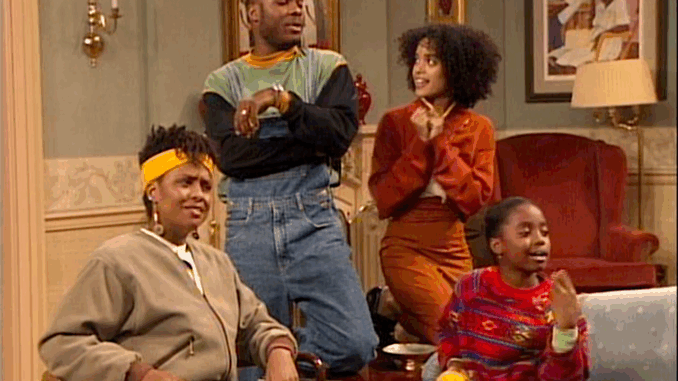
For years, The Cosby Show stood as a cultural beacon — a revolutionary sitcom that redefined the portrayal of Black families on American television. It was praised for its warmth, intelligence, and its power to shape public perception across racial and generational lines. But in the wake of sexual assault allegations and convictions against its creator and star, Bill Cosby, the show’s legacy has come under intense scrutiny.
Today, The Cosby Show exists in a complicated cultural limbo: a masterpiece tainted by its maker, an icon forced to share space with scandal. It raises uncomfortable questions about art, accountability, and the burden of separating creative work from the actions of the person behind it.
A Fall from Grace
When the first allegations against Bill Cosby surfaced publicly in the mid-2000s — and especially after dozens of women came forward in the 2010s — the contrast between Cosby the public figure and Cosby the alleged predator was jarring. For many, it wasn’t just the man who fell — it was the wholesome father figure they had grown up watching as Dr. Heathcliff Huxtable.
In 2018, Cosby was convicted of sexual assault and sentenced to prison (though the conviction was later overturned on procedural grounds in 2021). During this time, networks pulled The Cosby Show from syndication. Streaming platforms removed it. What had once been a cornerstone of American television was now radioactive.
The Legacy in Crisis
The moral dilemma was clear: how could a show that did so much good — inspiring millions, breaking barriers, shaping the sitcom genre — have come from someone who allegedly caused so much harm? And could audiences still enjoy, or even study, The Cosby Show without feeling complicit?
Some critics argue that the show should be archived, not erased. That its cultural significance — especially for African American representation and television history — is too important to discard. Others feel its continued visibility offers a form of tacit forgiveness for Cosby’s alleged crimes.
The truth may lie somewhere in between: The Cosby Show is both a historic achievement and a cultural artifact tainted by betrayal. It can’t be unmade, and it shouldn’t be blindly celebrated. But it can be examined — honestly, contextually, and with empathy for the many people affected, including the cast, the crew, and above all, the survivors.
The Cast and Collateral Damage
The scandal didn’t just affect Cosby. It reverberated across the lives of his co-stars — many of whom built their careers on the show and have struggled with the fallout. Phylicia Rashad, Malcolm-Jamal Warner, and others have faced pressure to comment, denounce, or defend. Some chose silence. Others spoke cautiously, walking the tightrope between preserving the show’s value and acknowledging its painful associations.
For audiences, especially Black viewers who saw themselves in the Huxtables, the loss was deeply personal. The Cosby Show had once been a mirror, a model, a comfort. Now, for many, it evokes confusion, grief, even anger.
Reconciling Art and Artist
The debate around The Cosby Show is part of a broader cultural reckoning: Can we separate an artist from their art? Should we? Is it possible to honor the work while condemning the individual?
There are no easy answers. But perhaps The Cosby Show can now serve a different purpose — not just as a sitcom, but as a case study in how cultural icons are built, fall, and are remembered. It is a reminder that brilliance and harm can coexist uncomfortably within the same legacy — and that we, as a society, must grapple with that complexity, not ignore it.
The Cosby Show changed television. That fact remains. But its legacy, like many in our era of reckoning, is no longer unchallenged or untainted. It is now a portrait in contradiction: a story of cultural triumph haunted by moral failure — and one that forces us to ask how we remember greatness when it comes wrapped in darkness.